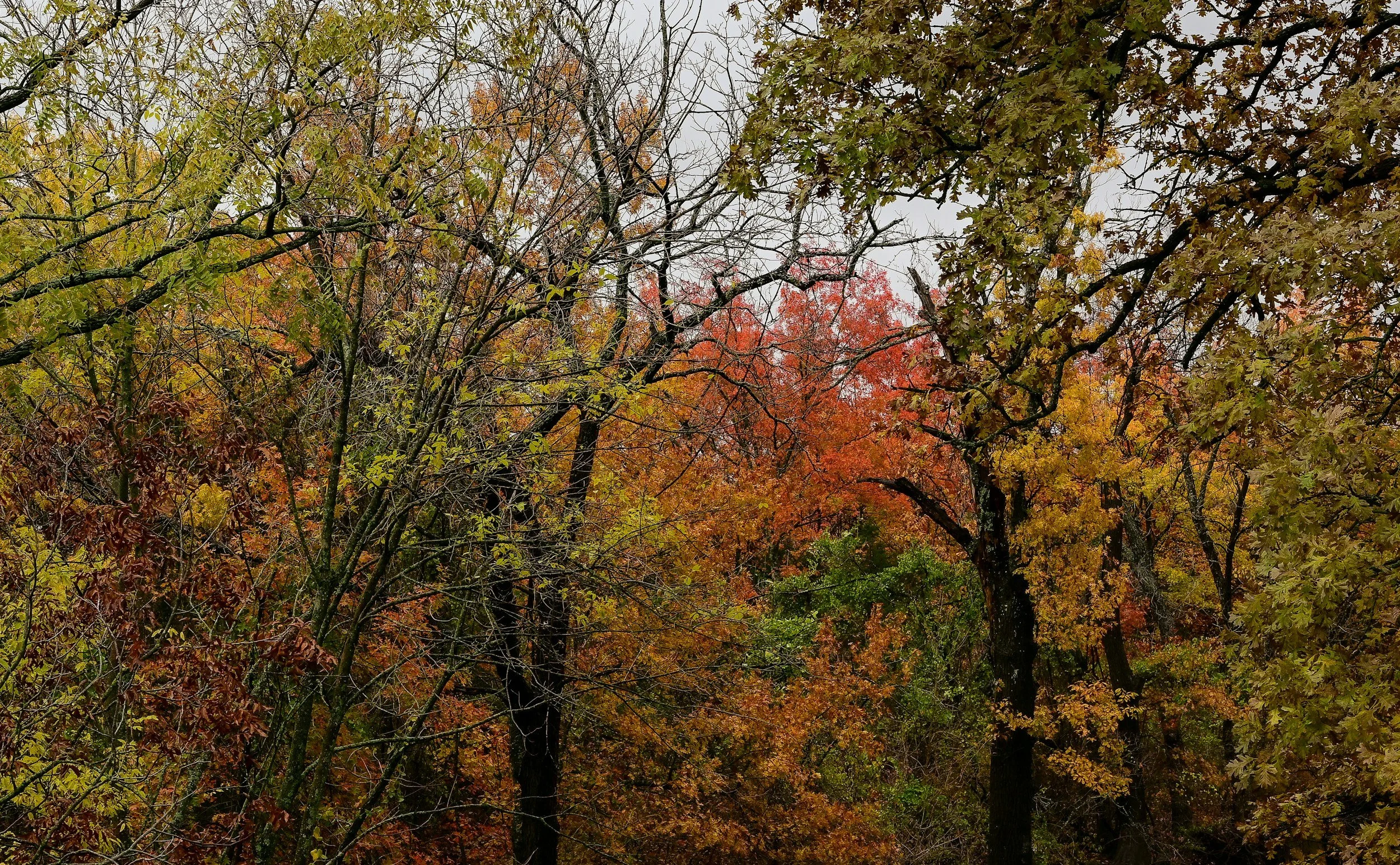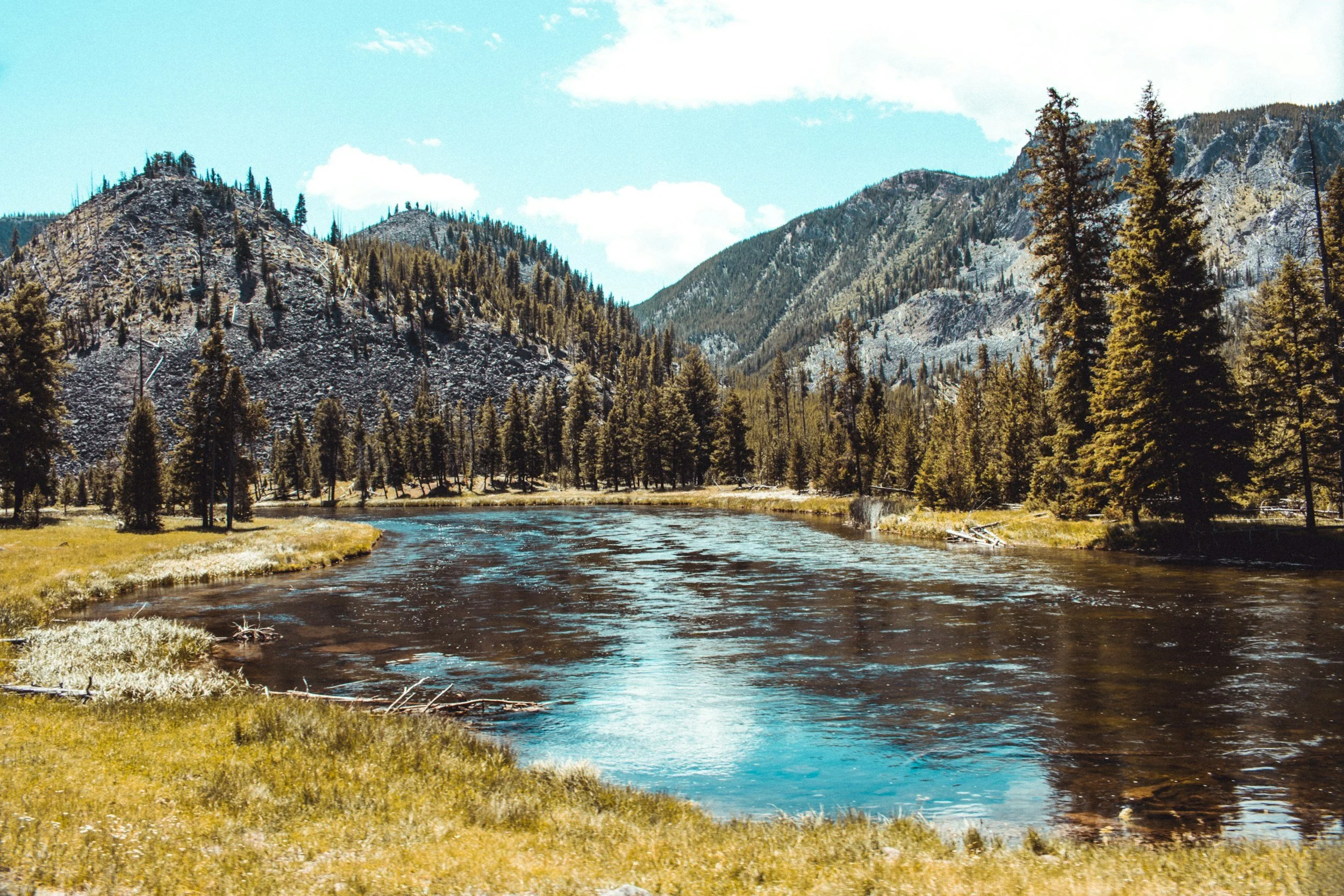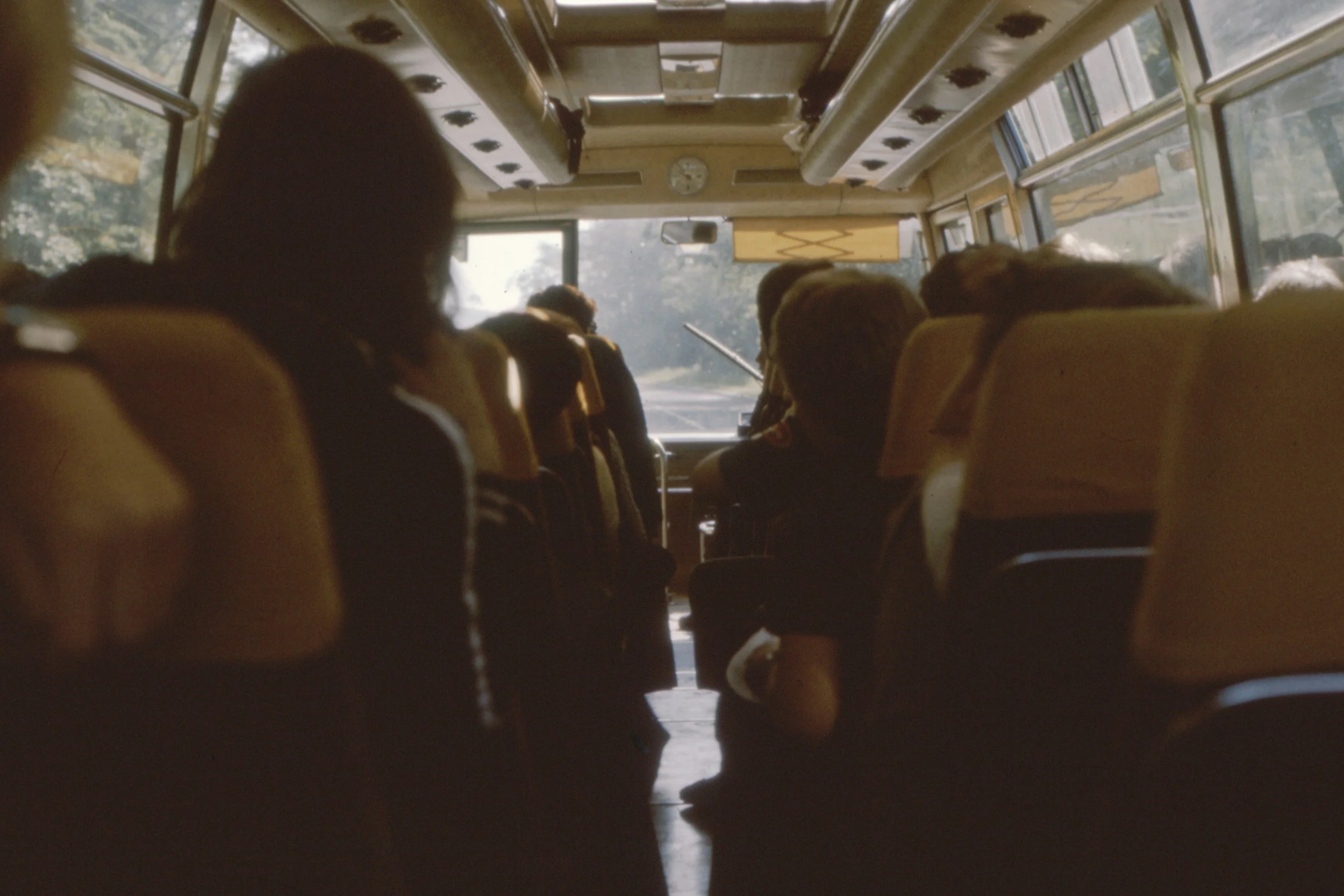And Then The Moon
We found the perfect place to camp. At eleven-thousand feet in the mountains of Eastern Nepal—the sky filled with puffy white clouds and a panoramic view of Kanchenjunga, the third highest mountain in the world.
My friend Elizabeth and I traveled with five porters, two cooks, and a guide. The porters set up four tents—a toilet tent with a hole dug into the ground inside, a larger dining tent where the guys, after dinner, rolled out their sleeping bags, and one tent each for Elizabeth and me. I threw my duffel into my tent and turned to look at Kanchenjunga. I knew these clouds, swirling, changing, growing darker, moving as if the hilltop itself was spinning.
As a child I loved watching storms roll in. The sky roils and shifts, clouds transforming from gray to black. Rain pummeled the house like bullets—thrilling me. If the sky turned a yellow grey-green color, and tornado sirens went off, my mother headed for the wooden crucifix that housed six crystal rosaries, one for each of us. As a group we sat in the basement where we listened to our scratchy transistor radio and said the rosary until the tornado passed.
This storm, so far away from home caused me to abandon my interest in the every-changing sky for so many storms to come. I became afraid to drive my car in the rain. I couldn’t sit by the window to watch the wind or go out into my yard during lightning. Every rumble of thunder recalled the panic I felt that night.
We were on a long-awaited hiking trip, where we’d spend three weeks hiking through Nepal’s ferns and fog, rock and mist. We’d been there four times before, but this was a part of the country we had never seen. It was different than the Everest Region. Warmer, with unfamiliar bugs, flowers, plants. Pink Rhododendron blossoms littered the ground like magenta-colored snow.
Once settled, we met outside the dining tent to discuss dinner and plans for the following day. Out of the corner of my eye, I saw a photo in the making as clouds drifted over the midsection of Kachenjunga, revealing only the peaks poking through the cloud cover. I ran to my tent to grab my camera before the light dispersed and the photo dissolved. As I ducked in thunder boomed. Then lightning. I poked my head outside the tent as golf ball sized hail fell, pounding my tent like a thousand angry fists.
The sky changed to black and driving rain blasted divots into the ground. I couldn’t hear anything beyond the storm or see my hand in front of my face. I sat with my eyes closed, a self-imposed darkness that did not block out the continuous flashes of light outside and plugged my ears for protection from the loudest and lowest thunder rippling through my bones. I put on headphones and cranked the music to deafening levels. Even that wasn’t enough to neutralize the booming outside. Our tents were rated for back-country rough weather, but crouched inside, I didn’t think any tent would hold up against these winds and rain.
Chandra, our guide, unzipped my tent and slid in soaking wet. He said they were trying to keep the dining tent from collapsing, leaving all but Elizabeth and me without shelter. As I clenched my phone like I was ready to call for help he removed my headphones, took the phone from my hand, and set it in my duffel bag.
“Don’t use the phone, don’t touch the tent pole” he insisted. I begged him to stay, but he was off again, into the storm. I curled up and held myself tight.
I couldn’t think about what I would miss if I didn’t return home. I couldn’t think about my daughters, or the newspaper headline that read ‘Minneapolis woman dies at eleven-thousand feet in the one of the worst storms ever to hit the Eastern Himalayas’. Alone in the inky blackness turning myself over to the storm as a human sacrifice.
Chandra appeared with Elizabeth. Her tent was down, and she was crying, gulping air between sobs. She dragged a soaking wet duffel bag, her sleeping bag and some plastic bags to put on the ground beneath us. I tried to put my arm around her, but she shrugged it off, crawling into her sleeping bag with her back to us. She wasn’t afraid for herself, she said, but for the crew who had nowhere to hide.
Meanwhile, the porters and cooks had taken shelter in a shallow cave nearby. The dining tent had collapsed. Our toilet tent had blown off the mountain. Elizabeth’s tent was down; mine was the last standing shelter. Only my belongings remained dry.
After an hour, the thunder and lightning moved off and the rain gentled. Chandra changed out of his wet clothes, and I patted the ground next to me for him to sleep. We lay three across in my two-person tent. I focused on slowing my breathing. I could hear my inhale and exhale, my heart still beating.
Elizabeth continued to cry, letting fear seep out of her like air from a balloon. I rubbed her back with one hand and, with the other, turned on my headlamp. In the beam of light, I made bunny ears on the roof of the tent. Chandra smiled with relief and joined in.
Elizabeth finally roused and climbed over both of us to go outside and pee. The toilet tent was gone and, as she squatted, we heard her let out a long sigh. Maybe because we were all together, very much alive.
After she returned and was tucked into her sleeping bag, I poked my head out as the clouds parted like a stage curtain at a theater, exposing a rich black sky with a perfect round moon pasted above the mountain peaks. Silvery clouds floated quietly by.
-Jane McCauley
Jane is a re-emerging writer after a hiatus to raise a family and explore the world. She has been a featured reader for the Walker Art Center Poetry Series and published in a collection of broadsides to commemorate the event. Aside from writing, Jane loves to hang with her husband and pup. She also loves to pack up the car for a road trip, get on an airplane to anywhere, and hike in the mountains. Sometimes she even likes to stay home.





























